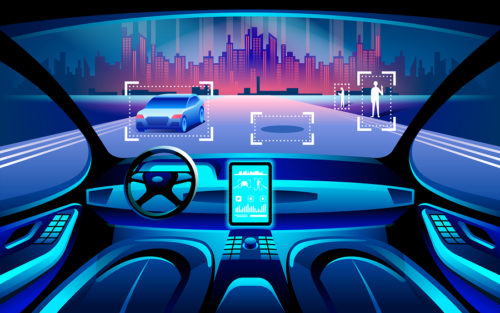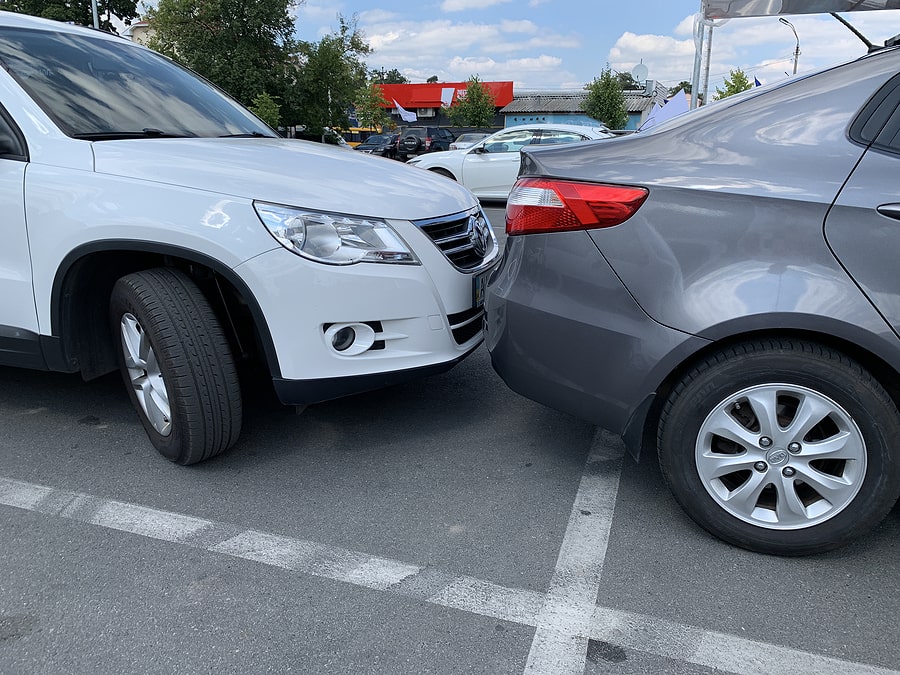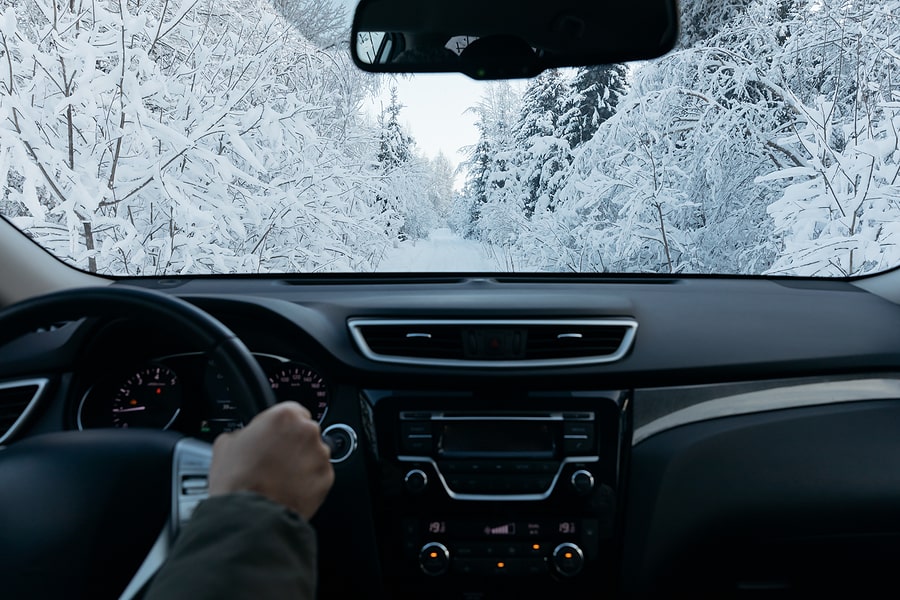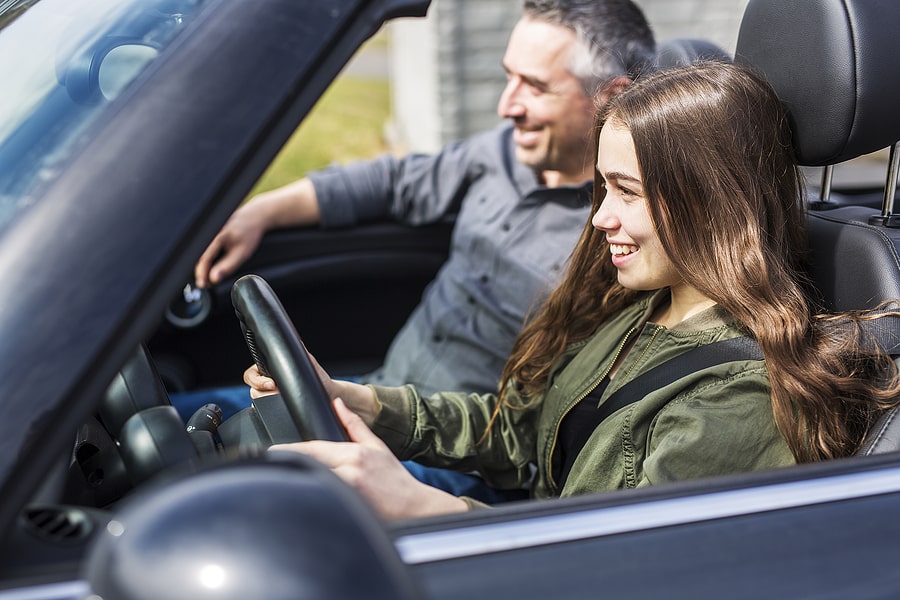Google, Tesla, Lyft, Uber, and even Apple (yes, the infamous iPhone company) all have their feet in the door of self-driving vehicle technology. While we all look forward to the day of the Jetsons—with a futuristic world of flying cars—and with self-driving vehicles already on the roads of 21 states in the United States of America alone, we’re forced to consider serious matters as the future of transportation now begins to stare us in the headlights.
Can anyone just get in the car—child, adult, anyone in between—and just go? Does everyone need one of these cars for them to work correctly, and if so, how is everyone going to afford one? And most importantly, in the case of a serious car accident with one of these vehicles, who is responsible to take care of you and your loved ones?
While research and testing is ongoing, self-driving vehicles are on the road today, and you deserve the facts.
The Law Offices of Stewart J. Guss can help people who have suffered at the negligence of another, self-driving vehicle or not. Remember, if you were injured in an auto vehicle accident, you need a law firm that knows how to fight and win these claims. Our attorneys have been beating major corporations and insurance companies alike at their own game for decades, so call us right now at 1-800-898-4877 or contact us by clicking HERE to discuss your case for free.
How Does a Self-Driving Vehicle Work?
The short answer to this question is that your car may contain most of the technology for these vehicles, what with sensors, cameras, and artificial intelligence already being used in many vehicles today. Many of these vehicles rely upon GPS maps to navigate, which mean that these routing systems are constantly updated regarding road closures, construction zones, and incidents like accidents to remain accurate. They will require continual, accurate updates to drive themselves safely.
With social GPS systems like WAZE on the market, it’s not difficult to see how this system would work, while the sensors and cameras would help keep the vehicle’s internal computer advised of the immediate conditions surrounding it with things like the flow of traffic, appropriate stopping distances, and appropriate distance from other vehicles.
This does not completely negate all potential accidents. Factors like heavy rain, for example, can still interfere with vehicle sensors. Issues like these remain in the troubleshooting phase, so these vehicles still require a human counterpart to monitor the vehicle and take over in instances of malfunction—even as Google launches self-driving 18-wheelers equipped with its Waymo system on the roads of Georgia just this month.
Who Is Legally Allowed to Operate These Vehicles?
Despite the presence of many of these vehicles on the road, the legislation allowing their private ownership and operation is actually very limited at this time. This is due to continued failed company test drives earlier last year—which means that human test operators had to take over to maintain safety measures.
At this point in time, the companies creating these vehicles are the only ones who seem to own them. Companies like Uber, Lyft, and ZipCar, in fact, have joined together to attempt to make policy that only companies can own these vehicles in urban areas in “fleets.”
It’s hard to see how anyone might own one personally anytime soon. That said, these companies are launching smaller vehicles—like your regular 4 door sedans—without a human counterpart, while big-rigs are presently required to have a human monitor and operator. This leads us to believe that when these vehicles are open to private ownership somewhere down the line, anyone who purchases these vehicles will need to have a basic knowledge of how to operate a car in at least a semi-automatic mode, so they can take the wheel in the event of any malfunctions on the vehicle’s part.
If You Get into an Accident With One of These Cars, Who Is Responsible for Your Damages?
With an estimated 81 percent of car crashes coming as a result of human error, the idea of self-driving vehicles and their computers lowering that percentage even a little does not seem like such a bad idea.
The reality of the situation, however, is that this technology is not yet advanced enough, nor yet widely available, to work at its full capacity. With these vehicles relying on GPS and communicating wirelessly with one another, they could potentially pose a worse danger so long as most people own human-driven vehicles.
So, then, who is responsible when self-driving cars crash and hurt someone? The National Highway Traffic Safety Administration and Society of Automotive Engineers categorize six levels of driving automation, with zero constituting full human control and six an entirely autonomous vehicle. With so many failed tests and the need for human intervention in many of these vehicles, the national standard of automation is currently at a two—which then places the blame for any accidents on the human operator of any of these vehicles.
Manufacturers are actively weedling their way through loopholes to try to find out how they can be left out of the equation, wanting to be shielded from liability as much as possible. With a bill having just passed last September that exempts 100,000 self-driving cars from federal safety standards, anyone who is injured in an accident with one of these vehicles will need to enter a class action lawsuit or take an individual stand against the manufacturer. Legislators seem hesitant to stifle the progress of these vehicles with any level of regulation, but at what cost?
In conclusion, self-driving cars offer the potential to help those with disabilities, the elderly, or even individuals who want to take advantage of the extra time that not driving can afford them. Right now, however, there is simply not enough proof that they are safe to operate on their own. Despite that, self-driving vehicles are on the road NOW—and you need someone on your side when the unexpected future hits you, driverless or not.
The attorneys of Stewart J. Guss, Attorney at Law are nationally recognized auto vehicle accident lawyers who have protected the rights of injured victims for more than 20 years. If you were injured in an auto vehicle accident, even one with a driverless car, call our office right now to schedule a free consultation! Because we take all of our personal injury cases on a contingent fee basis, you will not owe us a DIME unless we win your case. To schedule your case evaluation, call us today at (800) 898-4877 or contact us now by clicking HERE.





